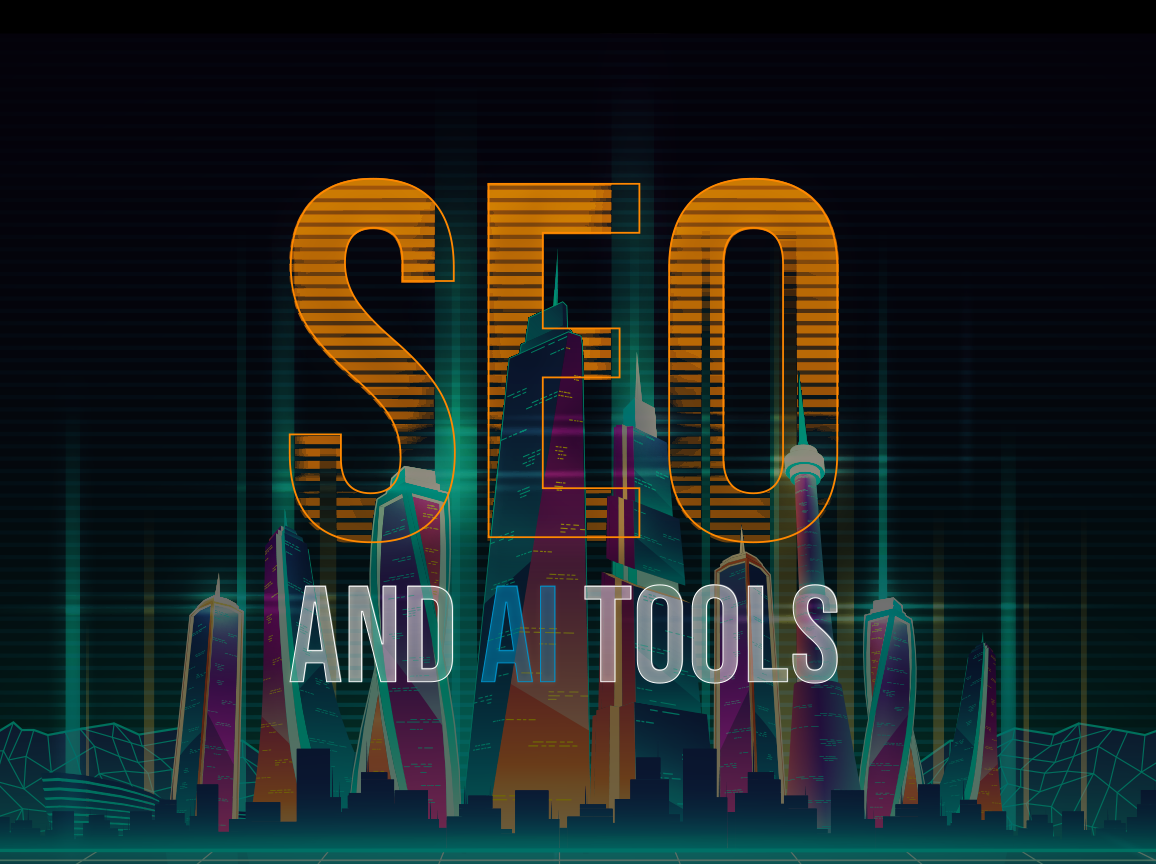The Best AI Tools for Writing SEO Content
Posted on July 10, 2025 nerdymind
In a city where neon lights buzz 24/7 and synthetic minds blur the line between man and machine, one truth remains: SEO still rules the digital streets.
It’s 2025. Algorithms evolve faster than we do. The marketing landscape is cluttered with noise, but you still need to rise above. You need content that connects. You need AI tools that don’t just regurgitate—you need tools that think, analyze, and adapt.
Now let's face it, we're a long way from needing a Voight-Kampff test. But with so many tools out there, how do you know which ones are actually worth your time (and budget)? At NerdyMind, we test a lot of platforms to help our clients stay competitive—and creative. Below, we’ve rounded up our favorite AI tools for writing SEO content in 2025.
AI Tools We Recommend
ChatGPT
Best for: Long-form content, outlines, brainstorming, and fast first drafts
When it comes to writing, especially when targeting a specific keyword, ChatGPT is a good resource. ChatGPT has evolved into one of the most versatile AI tools on the market, and its longevity of use means it's had time to work out its kinks. It can usually follow a prompt, and works well when you ask it to add in some creative references or humor. It can find a nice balance between creativity and factual accuracy (though you should always check!), making it a great tool for drafting SEO blogs, landing pages, and product descriptions. It also does well with mimicking brand voice, using previous work as a reference.
Claude
Best for: Long-form content, outlines, summarization, editing, and code-writing
ChatGPT is commonly seen as the AI of choice for the wider public. However, there are alternatives that do everything Chat can do, and sometimes more. Claude AI, developed by Anthropic AI, is a tool that can write great long-form content that contains less “AI-isms” *cough em dash* and reads more conversationally than GPT. This is incredibly useful when getting ugly first drafts out of the way and helps speed up the editing process. Claude is also great at drafting up code for development projects. In fact, this is one of the key features Anthropic promotes. It's a great tool for generating code and troubleshooting any issues that arise from it. Overall, Claude is a great recommendation for content creators and developers alike!
UberSuggest
Best for: SEO specific content, meta descriptions, keyword research
Ubersuggest’s AI Writer is fast, accessible, and surprisingly capable. Designed by the SEO minds behind Neil Patel’s digital empire, this tool helps you generate blog content, meta descriptions, and title ideas based on keyword input. It also gives great, mostly reliable feedback on keywords. While its overall content creation isn't the best for long form, it gets the job done when you need quick, keyword-aligned drafts without all the bells and whistles. Think of it as your content sidekick—simple, effective, and always on the beat.
AI Tools We’d Skip
Grammarly
This might be an unpopular opinion, and a major upset to the Grammarly stans out there. Don’t get us wrong! Grammarly is a good resource for grammar fixes, but its AI writing features seem more like a byproduct than a breakthrough. The content Grammarly generates can be stiff, sanitized, and stripped of any real voice. If you’re writing a user manual or other technical document, it might be the right choice! For SEO content with a little more depth and personality, however, we suggest other tools. Overall, Grammarly’s AI writes like it’s afraid to make a mistake—which is, ironically, the biggest mistake of all.
Hubble
On the surface, Hubble.ai looks like a promising player in the AI content game. It has a flashy interface, futuristic branding, and promises of fast, SEO-ready drafts. But under the hood, it’s a bit unstable. Content generation often lacks structure, keyword targeting feels like an afterthought, and the quality doesn’t hold up against more established tools. It’s the kind of replicant that talks a big game but can’t quite pass a real-world field test. In a landscape where precision and performance matter, Hubble feels more like a beta experiment than a reliable partner.
Built In AI Tools
Not to say there isn't a good one out there, but built in AI tools, specifically on Meta and X, don't hold up. In our experience, built in tools often don't hit the mark for creativity or SEO. They lack focus when it comes to keyword prompts, don't add creativity in their writing, and often feel like clickbait rather than helpful, informative pieces.
You Still Need Humans to Pass The Voight-Kampff Test
We cannot stress this enough: no matter how advanced an AI tool is, there still needs to be a human looking it over. In a world of replicants, it's important to still be human. While many AI tools generate content quickly, they often hallucinate facts or pull outdated data from the void.

Once you finish editing for factual accuracy, we recommend editing for human accuracy. There are tools, SEO.ai being our favorite, that check to see how likely it is that your content was written by AI. Search engines like Google are getting better at detecting quality, depth, and originality—and they’re rewarding it. While AI can spin out copy at light speed, it often misses the nuances of tone, context, and audience intent. If you want your content to show up in search engine results, it's important to edit it enough so that it still has that human element. Add strategic insight, fix subtle errors, and inject the emotional intelligence machines still lack. If you want your content to climb the SERPs and stay there, it needs a human touch. People and search engines can tell the difference between a replicant and the real thing.

